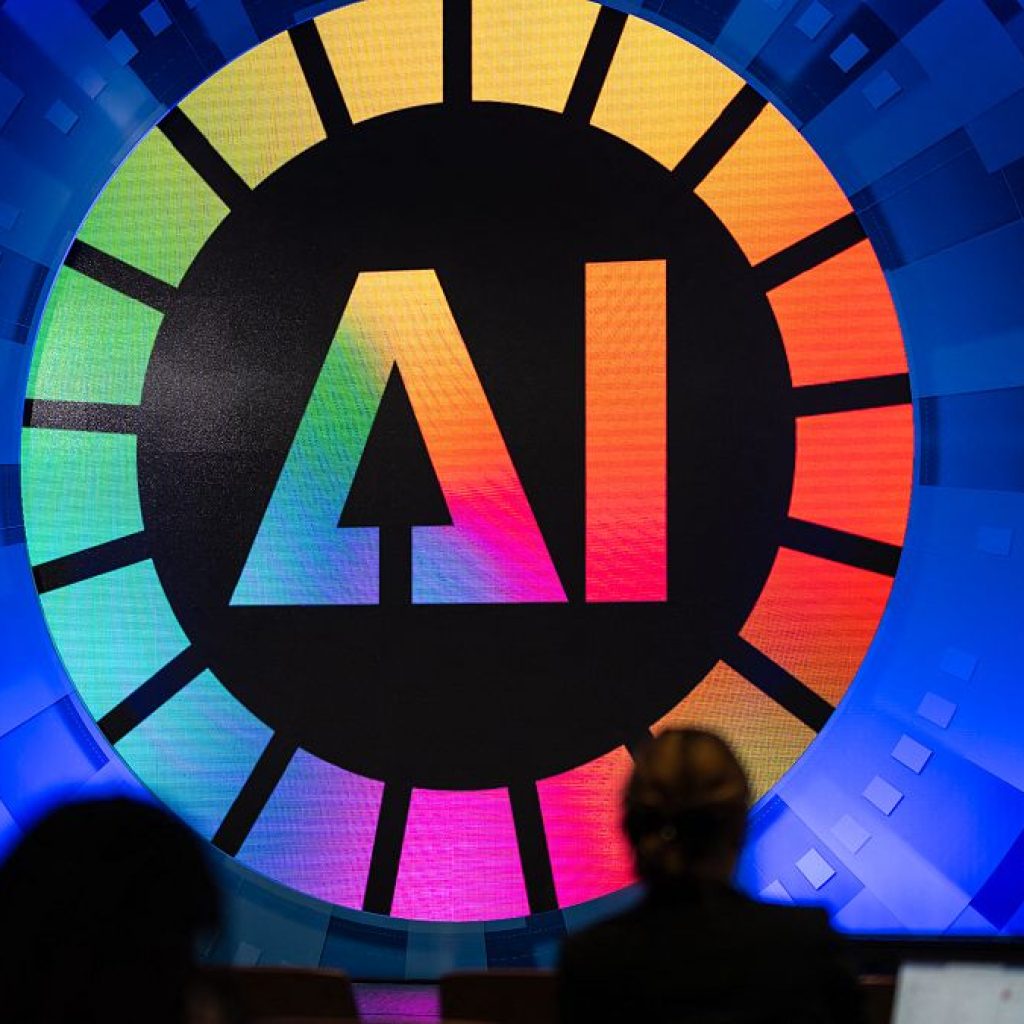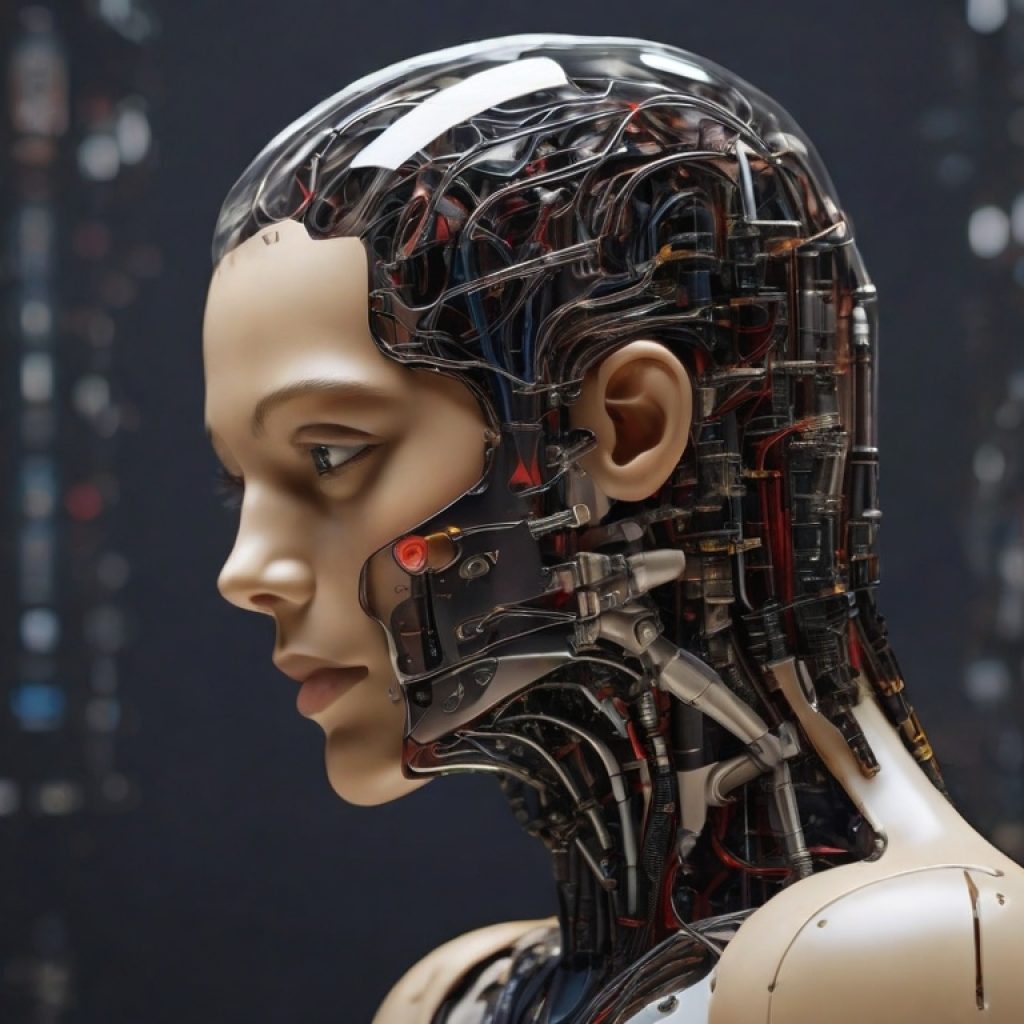Japanese researchers have designed an AI tool to predict the chances of newly hired employees leaving their jobs before a reasonable period. This innovation gives companies a brand-new way to address retention issues not just now but in the near future. It allows them to detect potential employees’ early exits and provide immediate support and assistance.
AI predictive power built on statistical analysis of the recruits
The system is built outlying Professor Naruhiko Shiratori (TOKYO CITY UNIVERSITY) in partnership with a local start-up. It offers data analytics for employee turnover evaluation. A Level introduces variables such as school attendance records and personal demographics like age and gender, which lets the tool craft a unique model that caters to each particular company.
According to Professor Shiratori, the system not only depends on the data of current employees but also combines old data of former employees who have voluntarily or are forced to quit or have medical reasons.
This all-rounded decision-making helps the AI decide on the possible chances of a new employee leaving using a percentage figure. Because of this, the manager can better understand the risks they face and, therefore, take the necessary measures to mitigate them.
Strategic efforts for staff retention
The main benefit of this technology is that it shows a manager useful information and does not present employees with or scare them as it is done. As described by the author, AI is used to discover the people with a higher level of leaving the company. In cooperation with those people, the managers can help them alone in specific aspects.
This method helps make the different interventions appropriate and sensitive to newly recruited employees. Therefore, their job satisfaction and loyalty would be even higher than those of the local employees.
The tool was a by-product of past research on AI for academic prediction, such as for university student dropouts. On this basis, scientists are no longer restrained in perfecting the tool, so major job choices are made through data gathered from job interviews and analyzed using their personal features and biographic data.
Confronting a common dilemma
The deployment of this AI platform couldn’t have been scheduled for a better time at this point. In Japan, about every tenth university graduate leaves the position within a year, and about 30 percent close out within three years, according to the Ministry of Labor. This graph illustrates a critical challenge to Japanese industry, especially as most companies hold ‘next year hiring’ the mass recruitment of new graduates annually.
This cutting-edge AI application is intended to help companies cope with turnover crises by engaging employees before they resign, which is much less costly than recruiting and training replacements.
The testing phase is taking place at some companies and broader usage; the adoption looks promising. This tool remarkably represents a breakthrough in the technology of human resources, and its wide utilization by enterprises will serve as one of the best measures for raising worker satisfaction and retention in a competitive Japanese labor market.
The article originally appeared in News OnJapan





